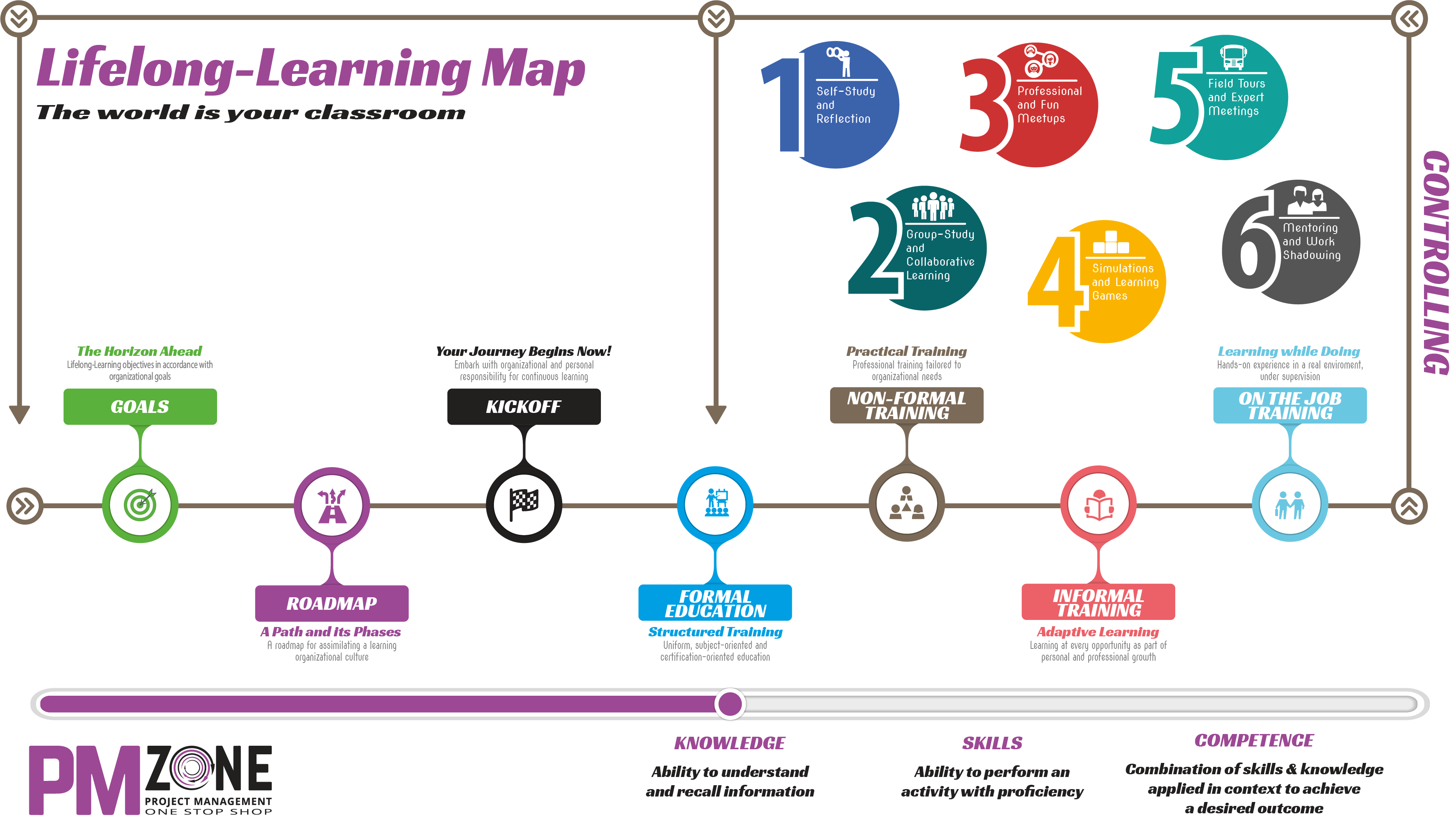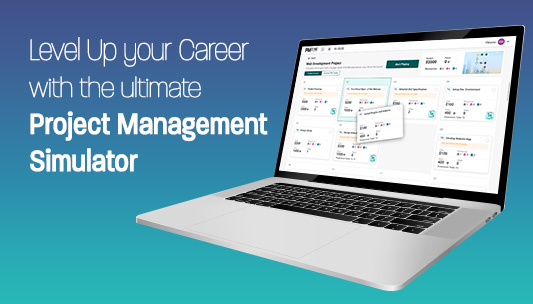Formal learning is only a starting point for a full and successful professional and personal life. After it, the journey of all of us is just beginning. The first and upmost challenge is to learn how to learn – as a necessary way of life to thrive in the face of change.
"Continuous learning" is based on deep and broad learning that constantly expands knowledge and skills, and implements the new educational imperative that allows us all to manage our learning in diverse contexts throughout our lives.
Learning is both an individual and organizational responsibility. The individual learner must be personally motivated to learn, and the organization must provide the resources to enable learning and positively reward it.
To this end, we propose a process of formulating an organizational "continuous learning map", based on the learning goals in relation to the goals of the organization, and applying various formal and informal learning principles.
Lifelong Learning Goals
- Preservation and improvement of knowledge and skills over time to maximize the value of human capital
- Acquiring new skills according to changing needs for the preservation and continuous improvement of the organizational capacity
- Creating synergy between work and learning to improve organizational performance and quick problem solving
- Sharing and leveraging knowledge and tools between organizational units to create the "organizational best".
- Empowering employees to retain them in the organization
Critical Success Factors
- Adopting a concept of a learning organization
- Organizational commitment to a continuous learning process
- Allocation of organizational resources for learning
- Branding and marketing of the learning program to create identification and harnessing
- Creating motivational mechanisms for continuous organizational learning
- Implementation of a measurement and control process to focus the learning processes on improving the value to the organization
Measures of Success
- Improving results according to the organizational definitions (for example: Reskilling - the ability to perform new tasks in the position and Upskilling - upgrading existing abilities in the position)
- Active participation in learning over time
- Satisfaction of learners and their managers

